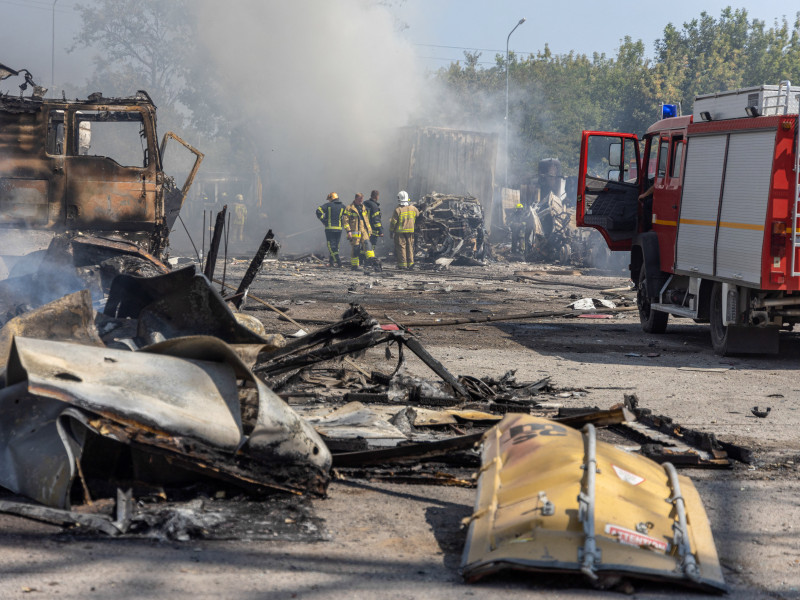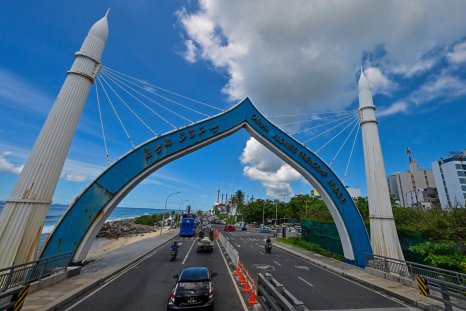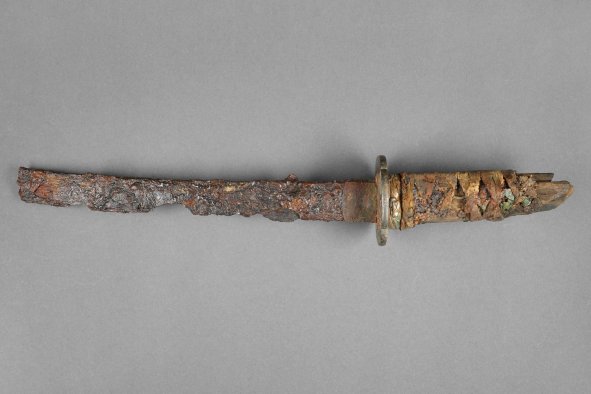Ukraine’s counter-invasion of Russia saw it take more than 300 square miles of the Kursk region in its first month, raised morale at home and challenged a growing sense in the West that stalemate was the best Kyiv could hope for. Yet as a daring incursion looks set to become an open-ended occupation, doubts are growing about its long-term wisdom.
When Ukrainian forces crossed the Russian border on 6 August, Kyiv was tight-lipped about its objectives, both to keep Moscow guessing and also because it did not want to set itself up for a fall. It needed a victory for both foreign and domestic audiences. Since then, though, the goals seem to have changed – and gaps opened between the military and political leadership.
General Oleksandr Syrskyi, the military commander behind the daring operation, has largely highlighted the need to take pressure off the beleaguered Donbas front, where Russian forces continue to grind forwards.
President Volodymyr Zelensky, though, is increasingly talking of maintaining a buffer zone and a potential bargaining chip for eventual negotiations. Speaking to a US TV channel on Tuesday, he said that “at the moment, we need it”, and that this land could be held “indefinitely” as it was part of his still-unrevealed “victory plan”.
There is, however, a huge difference between overwhelming scattered and poorly trained conscript defence forces and using the Ukrainians’ mobility and elan to grab a piece of an under-defended border region and holding it.
The Russians have the advantage in firepower but lack the ability quickly to bring it to bear on the small units of fast-moving attackers. As soon as the Ukrainians move into the defence, consolidating their forces in fixed defensive positions, they will become an easier target for Russia's artillery and glide bombs.
So far, Vladimir Putin has not taken the bait and transferred seasoned troops from the Donbas front. The pace of Russia's advance has actually accelerated, as exhausted Ukrainians, their reserves committed instead to Kursk, fall back towards crucial objectives such as the strategic railway junction of Pokrovsk, now just six miles from the front line.
Putin has made the ruthless calculation that for now, a scratch force of conscripts and reservists must try and contain the Kursk incursion, because it is more important to maintain the momentum in Donbas.
The question is whether Zelensky risks overreaching. A cautionary tale is the city of Bakhmut, over which the bloodiest battle in Europe since the Second World War was fought. Originally, Kyiv intended to try and hold it against the Russian advance only so long as it made sense to try and slow the invaders and bleed them of some of their best assault troops. Then, the plan was that there would be a controlled withdrawal.

Instead, though, this became a grudge match in which both sides became obsessed with this strategically irrelevant city. It finally fell in May 2023, after 10-and-a-half months of brutal fighting that left the city a rubbled ruin.
The Russians suffered more than 100,000 dead or wounded, but at least 20,000 of them were former convicts recruited by the Wagner mercenary army. Ukraine’s 25,000-40,000 casualties, by contrast, included many of their best troops.
Meanwhile, Moscow is vengefully pounding Ukrainian cities as far west as Lviv, and targeting the country’s power grid ahead of winter, according to their own ruthless plan.
They also have some good news for a change, with Russian propagandists crowing that Putin could visit Mongolia with impunity. The country is a member of the International Criminal Court, but even though there is an arrest warrant on war crimes charges for Putin, the Mongolians made no attempt to detain him, mindful of its dependence on Russian energy and the views of its other neighbour, China.

In any case, while many Russians are angry at Putin for failing to protect Kursk (even some loyalists are daring cautious public criticism), they feel that it is not the time to rock the boat during a foreign invasion.
Conversely, Zelensky is beginning to face backlash from those who feel defending Ukrainian territory is more important than taking Russia’s. He is currently embarking on his most comprehensive government reshuffle since the start of the war, and much now depends on how Ukrainians respond to his new team, and what Western allies make of his “victory plan”.
As one British diplomat wondered, “Is it going to be more substantial than his 10-point peace plan, that was never more than a political statement?”
The Kursk attack began as a brilliant success. The fear in Kyiv and the West is that there is still time for triumph to become tragedy. However, the British diplomat did warn against premature pessimism: “Time and again, the Ukrainians have surprised us for the better.”
Disclaimer: The copyright of this article belongs to the original author. Reposting this article is solely for the purpose of information dissemination and does not constitute any investment advice. If there is any infringement, please contact us immediately. We will make corrections or deletions as necessary. Thank you.



